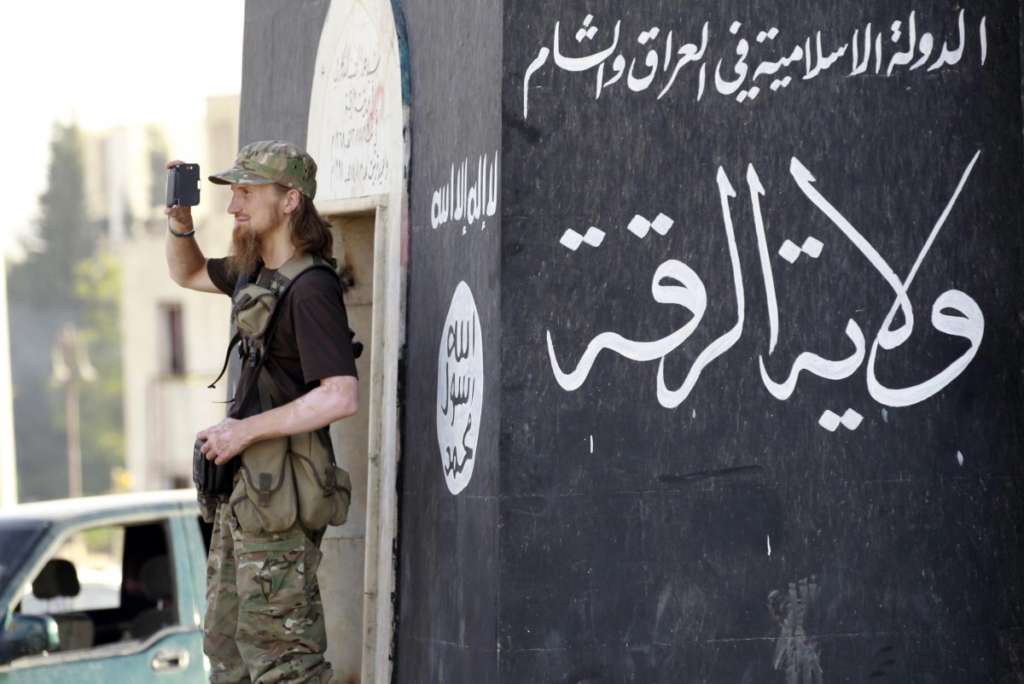Muftis, religious authorities, scholars, professors and politicians from China to the Americas all met in al-Azhar in Cairo, Egypt, to discuss the international crisis facing Muslims and Islam as a religion. They all agreed that extremism and fundamentalism are dangerous threats that must be tackled.
At the conference of the Supreme Council for Islamic Affairs, Saudi deputy Minister for Islamic Affairs, Endowment, Dawa and Guidance Tawfiq al-Sudairi made the best and most direct speech. He called for restoring the religious discourse from the extremists and so-called educated people, who as he described had “harmed the religion’s tolerant teachings and who have been manipulated by opportunists.”
Sudairi called for “unifying efforts on the political, intellectual, security and religious fronts to confront deviant ideologies.”
It is unanimous that everyone is agreed against terrorism. This may also no longer need reiteration and reminders, because by far the most important matter which requires consensus and a plan of action is fighting the widespread extremism and fundamentalism.
No one can claim that terrorism can exist without extremism embracing and encouraging it.
It is impossible for a terrorist to grow up in and emerge from a moderate environment.
Even terrorists who have come out of liberal or tolerant societies are always victims of extremist ideologies in their societies in the virtual world, like chat rooms and social networks.
Tens of thousands have joined terrorist groups and all of them without exception are products of extremist rhetoric.
The truth is that terrorists, despite the threat they pose to the world, are less harmful than extremists.
The damage caused by extremists is far more harmful on Muslim societies and other communities. What extremists and fanatics do is worse than the deeds of organizations like ISIS and al-Nusra Front whose members are few among a sea of extremists.
Terrorism is the final step in the ladder of extremism. We cannot neutralize terrorism without fighting extremism. This is a truth that should always be in the mind of those involved in the matter.
Extremism must not be confused with extremist tendencies of some individual Muslims.
Muslim conservatives have the right to their beliefs and to practice their rituals as they deem appropriate. This is their right, as it is the case in all religions. However, this turns into extremism when they try to impose their views on everyone.
The most dangerous form of extremism is the mobile kind. It is usually based on exploiting religious activities that initially had no political purpose in the past, such as education, media, charity and collecting funds, and expanding operations to include students, women and foreigners.
These organized operations travelled to poor and regions and developed countries all over the world where they exploit wars, famine and injustice against some Muslims to plant seeds of extremism. Those seeds remain for a long time and eventually become a local culture.
If you can imagine this, then you can understand how extremism began and how terrorism emerged. You will also realize that combatting extremism is more important than fighting terrorism.
Sudairi’s statement at the conference in Cairo and his calls for the reestablishment of the religious discourse are at the core of this crisis. His suggestions should be the conference’s plan of action and agenda that require collective efforts to be achieved.
